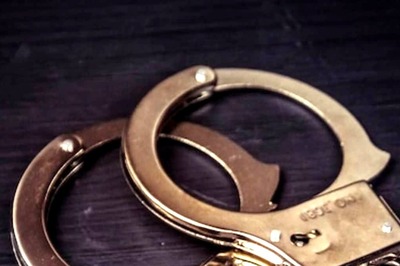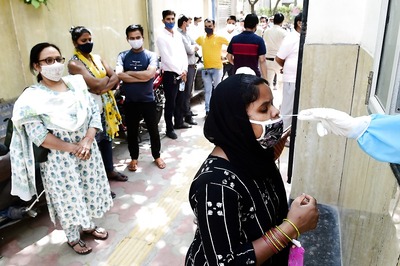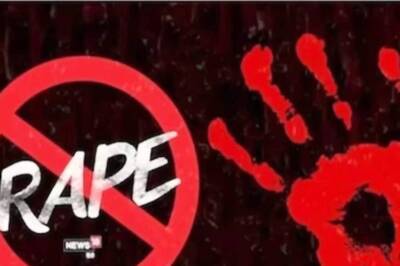
views
Brasilia: Right-wing nationalist Jair Bolsonaro, who has vowed to crack down on political corruption, violent crime and ignite a moribund economy with deregulation and fiscal discipline, was sworn in as Brazil's president on Tuesday.
The former Army captain and seven-term fringe congressman rode a wave of anti-establishment anger to become Brazil's first far-right president since a military dictatorship gave way to civilian rule three decades ago.
Bolsonaro plans to realign Brazil internationally, moving away from developing nation allies and closer to the policies of Western leaders, particularly US President Donald Trump, who sent Secretary of State Mike Pompeo to his inauguration.
As a clear sign of that diplomatic shift, Bolsonaro plans to move the Brazilian embassy in Israel from Tel Aviv to Jerusalem, breaking with Brazil's traditional support for a two-state solution to the Palestinian issue.
Crowds of supporters, many with the Brazilian flag draped around their shoulders and with faces painted yellow and green, the national colors, gathered before the Planalto palace, where later Tuesday the presidential sash will be draped on Bolsonaro.
Backed massively by conservative sectors of Brazil, including Christian evangelical churches, Bolsonaro would block moves to legalize abortion beyond even the current limited exceptions and remove sex education from public schools, opposing what he calls "cultural Marxism" introduced by recent leftist governments.
One-third of his cabinet are former army officers, mostly fellow cadets at the Black Needles academy, Brazil's West Point, all outspoken backers of the country's 1964-1985 military regime.
Bolsonaro, 63, has faced charges of inciting rape and for hate crimes because of comments about women, gays and racial minorities. Yet his law-and-order rhetoric and plans to ease gun controls have resonated with many voters, especially in Brazil's booming farm country.
In an interview with Record TV on the eve of his inauguration, Bolsonaro lashed out at Brazil's notorious bureaucracy, which makes doing business in the country difficult and expensive. He vowed to strip away the so-called "Brazil Cost" that hamstrings private enterprise.
"The government machine is really heavy," he said. "There are hundreds of bureaucratic governing bodies across Brazil, of regulators as well. ... We have to untangle the mess."
His vow to follow Trump's example and pull Brazil out of the Paris Agreement on climate change has worried environmentalists. So have his plans to build hydroelectric dams in the Amazon and open up to mining the reservations of indigenous peoples who are seen as the last custodians of the world's biggest forest.
Brazilian businesses are eager to see Bolsonaro take office and install a team of orthodox economists led by investment banker Paulo Guedes, who has promised quick action in bringing Brazil's unsustainable budget deficit under control.
Guedes plans to sell as many state companies as possible in a privatization drive that he forecasts could eventually bring in up to 1 trillion reais ($257 billion).
That would help restore order to government finances. The key measure, however, for reducing the deficit and stopping a dangerous rise of Brazil's public debt will be the overhaul of the country's costly social security pension system.
Pension reform will be Bolsonaro's biggest challenge since he has yet to build a base in Congress, where he has eschewed the political horse-trading that has traditionally helped Brazilian presidents govern the nation of nearly 210 million people.
Bolsonaro may find that lax protection of the environment and human rights could have negative economic effects, more so than those faced by other far-right leaders, given the spotlight on Brazil's Amazon jungle as a protection against global warming and because the country has more murders than any other nation.
"I think they will be good on the economy and they will probably be bad for human rights and the environment," said Brian Winter, vice president for policy at the Americas Society and Council of the Americas in New York.
"The key question is whether those things can be separated. Most of Wall Street says 'Yes.' I have my doubts."




















Comments
0 comment